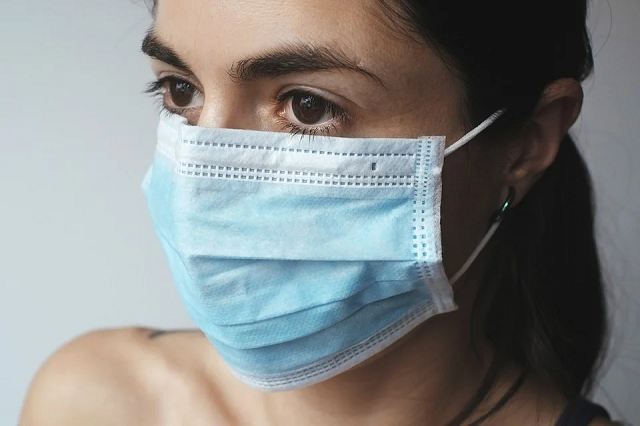
Researchers from the University of Cambridge have developed a simple to test whether N95 and other types of sealing masks are properly fitted to protect the public and healthcare workers from transmitting COVID-19.
Commercial testing equipment has been in extremely short supply since the outbreak of the coronavirus pandemic, forcing many healthcare institutions to abandon regular fit-testing of their staff.
The study results found that alternatives such as aroma diffusers and extra-large freezer bags can be used to make a qualitative fit-testing setup that performs at a similar level to commercial solutions.
Will you offer us a hand? Every gift, regardless of size, fuels our future.
Your critical contribution enables us to maintain our independence from shareholders or wealthy owners, allowing us to keep up reporting without bias. It means we can continue to make Jewish Business News available to everyone.
You can support us for as little as $1 via PayPal at office@jewishbusinessnews.com.
Thank you.
The researchers caution, however, that their setup will only test the fit of sealing masks with high filtration ability, such as N95, FFP3, KN95 or FFP2 masks. The method cannot be used to test the fit of surgical or fabric masks, as these do not typically offer the fit or filtration necessary to pass a qualitative fit-test.
Sealing masks have a high level of protection only if they fit properly, with no gaps between the mask and the face. Previous studies have found that even if the mask material is highly efficient at filtering fine particles, the effectiveness of the mask is hampered by an imperfect seal.
To carry out a fit-test, you need to place the hood over your head while wearing a mask, and aerosolize as a fine mist the solution into the enclosure. The solution is usually sweet or bitter. The fit of the mask is assessed by how well you can taste the solution while nodding your head or speaking. If the mask fits you, you will not be able to taste the solution.
Using an N95 mask from 3M and a KN95 mask from a Chinese manufacturer, the testers used a solution of sodium saccharin – an artificial sweetener – was aerosolized for 60 seconds at a time, and testers were asked whether they could taste the sweetener or not. The test was then repeated with the tester causing an intentional gap in the fit by placing the tip of a finger between the mask and their face.
They found that the combination of an aroma diffuser and a small container, such as a large plastic bag, provided the most accurate and most sensitive setup, with results comparable to commercial qualitative fit-testing solutions. The study published in the journal Disaster Medicine and Public Health Preparedness.
“Our homemade replacement requires further testing for safety and efficacy: in particular, the use of a plastic bag to concentrate the vapor remains a safety concern,” said O’Kelly. “However, we were happy to find an inexpensive set up to assess the fit of masks when used in combination with homemade fit-testing solution. Given the importance of masks in slowing the spread of COVID-19 and other airborne viruses, it’s essential that they fit properly, especially in healthcare settings.”



